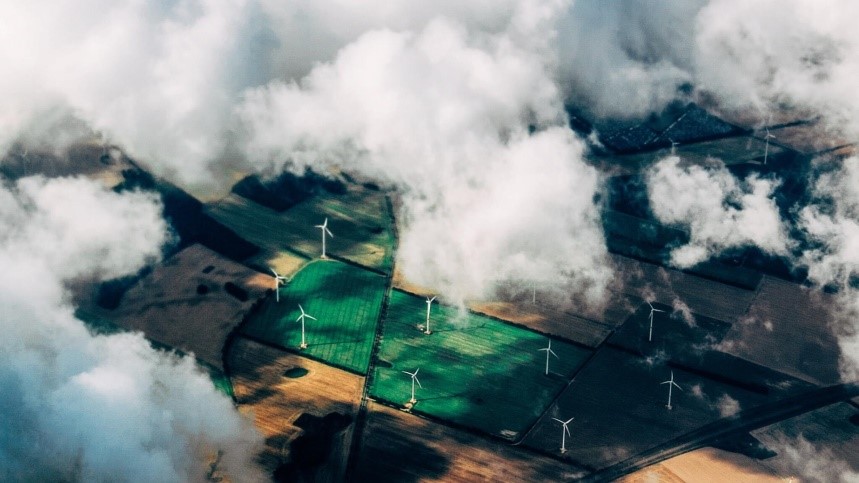Free Courses Sale ends Soon, Get It Now


Free Courses Sale ends Soon, Get It Now



Disclaimer: Copyright infringement not intended.
Context
Other Details
Subsidy Burden
Global
India’s Burned
Concerns related to Subsidies
Must read Article:
Subsidy
https://www.iasgyan.in/daily-current-affairs/subsidy
Way Ahead
Positives of removing subsidies
Must read Article:
Sustainable development
https://www.iasgyan.in/daily-current-affairs/sustainable-development
Air Pollution
https://www.iasgyan.in/daily-current-affairs/air-pollution
|
PRACTICE QUESTION Highlighting the Agriculture, Fishing and Fosil fuel subsidy burden of India and world. Discuss its implications for environment and suggest measures to curb the negative consequences. (250 words) |
© 2024 iasgyan. All right reserved